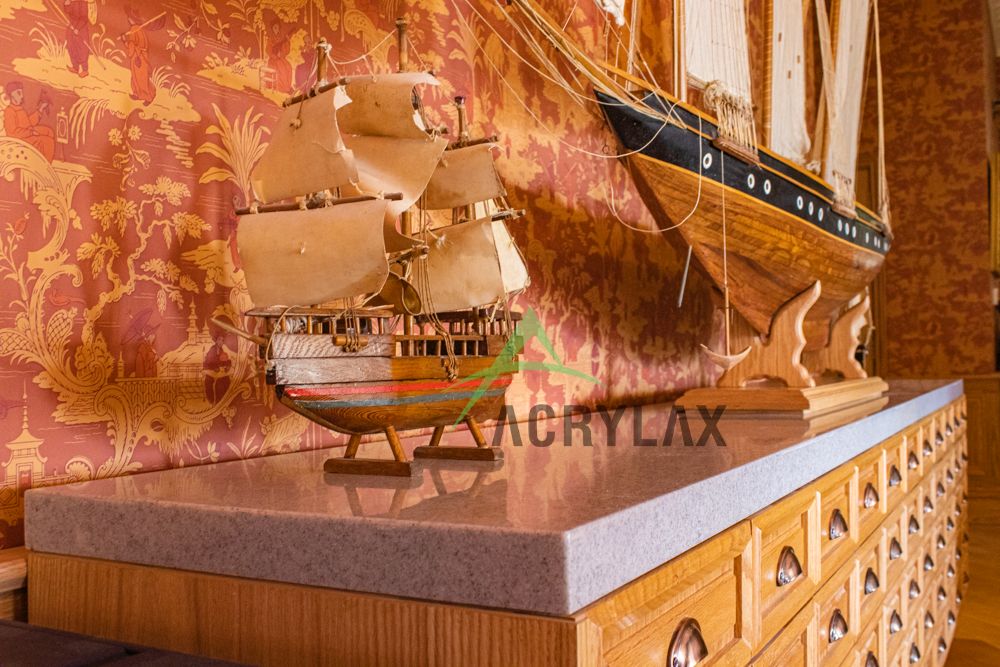Selecting the appropriate fire suppression system is a critical decision that can significantly impact the safety of lives and property. With various fire suppression systems available, it’s important to understand their features, applications, and advantages to make an informed choice. This comprehensive guide will explore the key factors to consider when choosing a fire suppression system. Click this link to buy FM 200 suppression system online.
Assess the fire risk:
Begin by assessing the specific fire risks associated with your environment. Consider the hazards, such as flammable liquids, electrical equipment, or combustible materials. Evaluate the potential consequences of a fire, including the value of assets, critical operations, and the safety of occupants. Understanding the fire risks will help determine the most suitable suppression system for your needs.
Evaluate available suppression agents:
Different fire suppression agents have unique properties and are effective against specific types of fires. For example, water-based systems are suitable for ordinary combustible fires, while clean agent systems, like FM-200 or CO2, are effective for protecting sensitive equipment and valuable assets. Consider the advantages and limitations of each agent to match them with the identified fire risks.
Consider system activation methods:
Fire suppression systems can be activated manually, automatically, or by combination. Manual systems require human intervention to initiate suppression, while automatic systems are triggered by heat, smoke, or flame detectors. Evaluate the nature of your environment and the level of fire risk to determine the appropriate activation method for t壯陽藥 imely and effective fire suppression.
Determine suppression system design:
The design of the suppression system plays a crucial role in its effectiveness. Consider factors such as coverage area, discharge rate, and distribution pattern of the suppression agent. Adequate coverage and proper distribution ensure the entire protected area receives sufficient suppression, minimizing the chances of fire re-ignition.
Compliance with regulations:
Ensure the selected fire suppression system complies with local fire codes, standards, and regulations. Different regions may have specific requirements for fire suppression systems based on building occupancy, industry type, or hazard classification. Consult with fire safety authorities or experts to ensure compliance and avoid potential penalties or limitations on your operations.
Maintenance and serviceability:
Regular maintenance is essential to ensure the reliable performance of your fire suppression system. Consider the maintenance requirements of the chosen system, including inspection schedules, testing procedures, and the availability of trained technicians. Opt for an easily serviceable system with readily available spare parts and support from manufacturers or authorized service providers.
